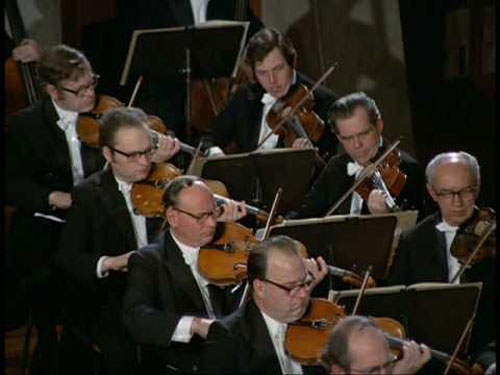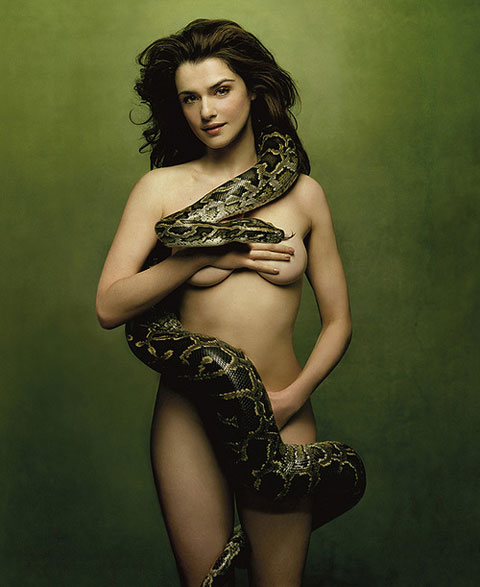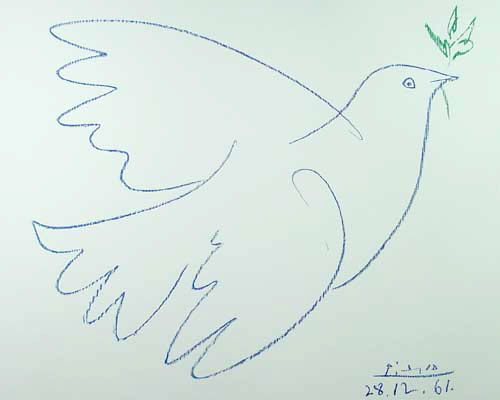Gustav Mahler (1860-1911) is one of those artists who, as Nietzsche said, lived with the conviction of being posthumous. Despite his changing mood, from childish to exasperating, including despotic and violent, qualities that are reflected in his music, in passages of overwhelming dynamism and vitality that seem to announce the triumph of the superabundance of life in volcanic eruptions of heady and exultant chromatism, which is simply unforgettable. Somehow, the gods wanted his works to be linked to death to a greater extent than any other of his contemporaries.

Naturally, Luchino Vistonti is partially responsible for the mentioned association because of the sublime exploitation of the moving and abysmal Adagietto in the Fifth Symphony in Death in Venice (1971). However, it is worth to say that Mahler is the direct responsible for the mentioned association, because of the insuperable pain and beauty that his compositions express to death, as in his lieder of more romantic inspiration, as in the horrifying and chilling Songs for dead children, in which, the listener has the impression of feeling a strange reproach from somewhere perceived as another world.
It is the same quality of Gnostic nature that is charmed by the stunning dark light of the eternal night that resounds in the Wagner’s Tristan and Isolde –a constant inspiration in his works, whose chromatism was exceeded by dissonant harmonies that were not used before at that time–, opera memorably directed by him in Vienna in 1906, in a concert attended by Adrian Leverkühn, the protagonist of Thomas Mann’s novel (the same Thomas Mann, author of Death in Venice). The Opera Doctor Faustus is about the story of a composer allied with the devil and Adolf Hitler, which is to say, the devil himself, who was then a sixteen-year-old teenager who borrowed some money from his relatives to make the trip.
But in Mahler’s posthumous work, once again, another death is reflected and anticipated: the end of the Austro-Hungarian Empire and along with it, the end of the Central European Danubian civilization whose swan song represented one of the main intelligence and sensitivity explosions of all the Western History. Its center was then the still slow and contradictory city of Vienna, which seemed to be, as can be described in the literature of that period, an absurd, distant and self-absorbed world. However, some of the decisive movements in favor of modernity were emerging in Vienna, such as the esthetic, artistic, literary and scientific movements. It was Robert Musil’s and Sezession’s Vienna, the city of the Wittgenstein’s and Hofmannsthal’s psychoanalysis… and also Strauss’s and Mahler’s Vienna, the supreme musical expression of that shining and ambiguous moment in which Vienna was hanging from the edge of an imminent and insuperable abyss.
 Paul Oilzum
Paul Oilzum
This year, the centenary of Mahler’s death is commemorated and it seems that his time has finally arrived. His music is more alive than ever, as has been proven by the fact that Mahler is the most frequently performed musician in the current world. It is the best moment to book apartments in Vienna the city that commemorates the centenary of Mahler’s death.
 Translated by: Hans
Translated by: Hans
Contact Me

 English
English

